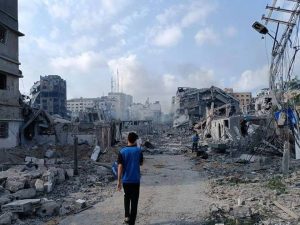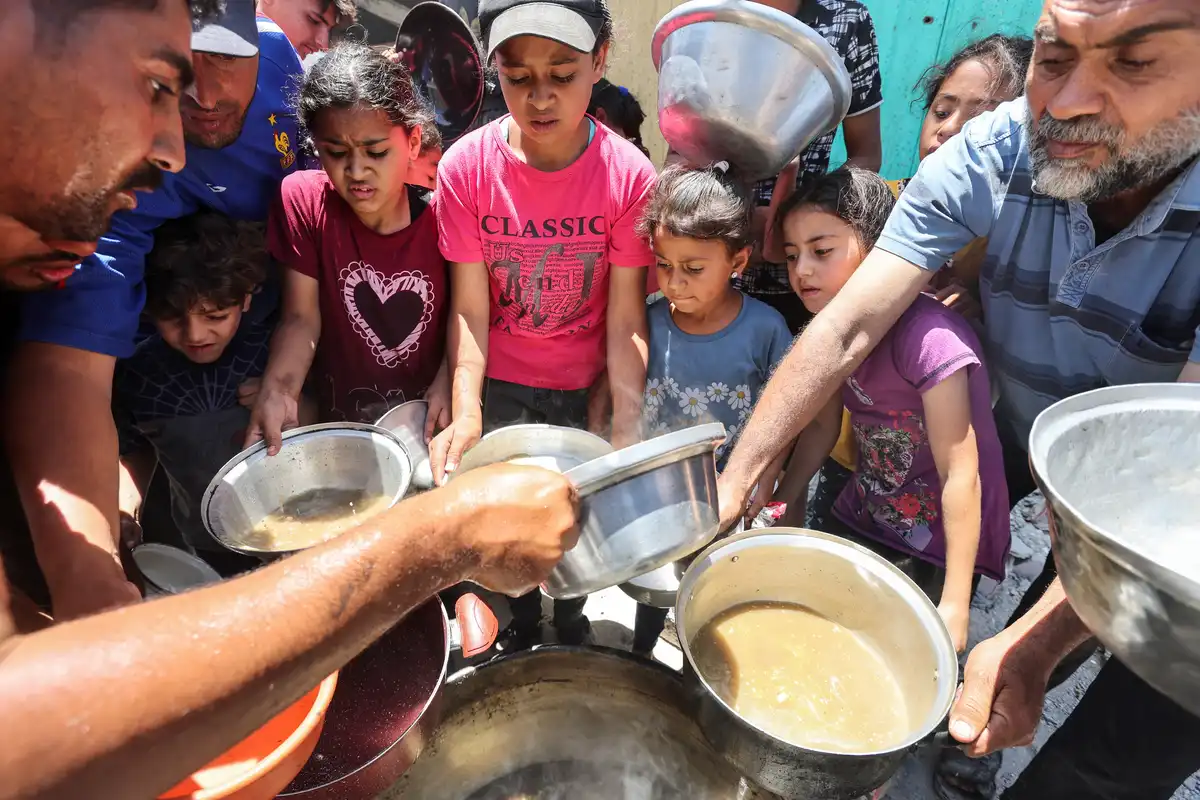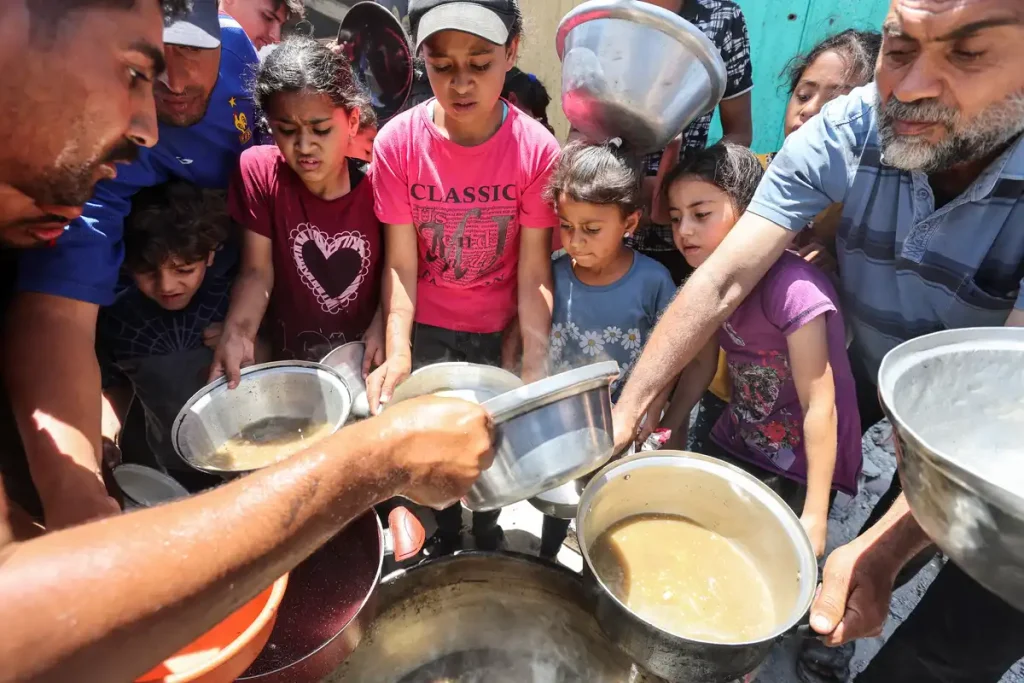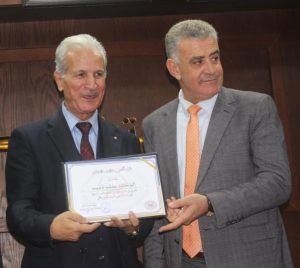Gaza is suffering from a humanitarian catastrophe due to a systematic starvation policy affecting more than two million people, while Hamas leadership living abroad calls on Jordan, Egypt, and other countries to intervene to help the sector. Images of children rummaging through rubble for food and patients dying on beds without medicine have become shocking scenes broadcast worldwide, defying justification or concealment. Amid this widespread hunger, a paradox has sparked wide debate: Hamas leadership, living abroad away from the siege, demands clearer stances and greater intervention from Jordan, Egypt, and other countries to assist Gaza. For many, these calls exemplify the ease of decision-making when the cost is borne by another people living under bombardment and siege, while decision-makers remain in safe locations, not tasting the bitterness of hunger or experiencing daily fear.
Although Jordanian and Egyptian responses were measured, they carried clear messages; they emphasized their support for establishing an independent Palestinian state and warned that the continuation of the humanitarian disaster would undermine regional stability, but avoided direct political confrontation with Tel Aviv or Hamas. This scene coincided with notable shifts in the European stance, where countries like France, Britain, and Germany moved towards recognizing the State of Palestine, a step previously unlikely. However, despite the importance of these positions, they do not change the harsh reality on the ground: Gaza’s inhabitants face hunger and death, while their leaders sit in relatively safe places, practicing political rhetoric and blaming others.














Recommended for you
Talib Al-Rifai Chronicles Kuwaiti Art Heritage in "Doukhi.. Tasaseem Al-Saba"
Exhibition City Completes About 80% of Preparations for the Damascus International Fair Launch
Unified Admission Applications Start Tuesday with 640 Students to be Accepted in Medicine
Egypt Post: We Have Over 10 Million Customers in Savings Accounts and Offer Daily, Monthly, and Annual Returns
His Highness Sheikh Isa bin Salman bin Hamad Al Khalifa Receives the United States Ambassador to the Kingdom of Bahrain
Al-Jaghbeer: The Industrial Sector Leads Economic Growth